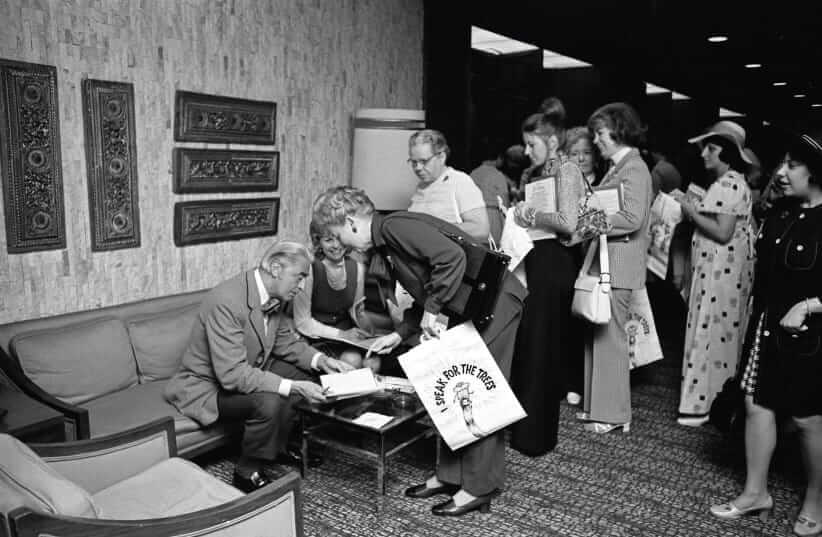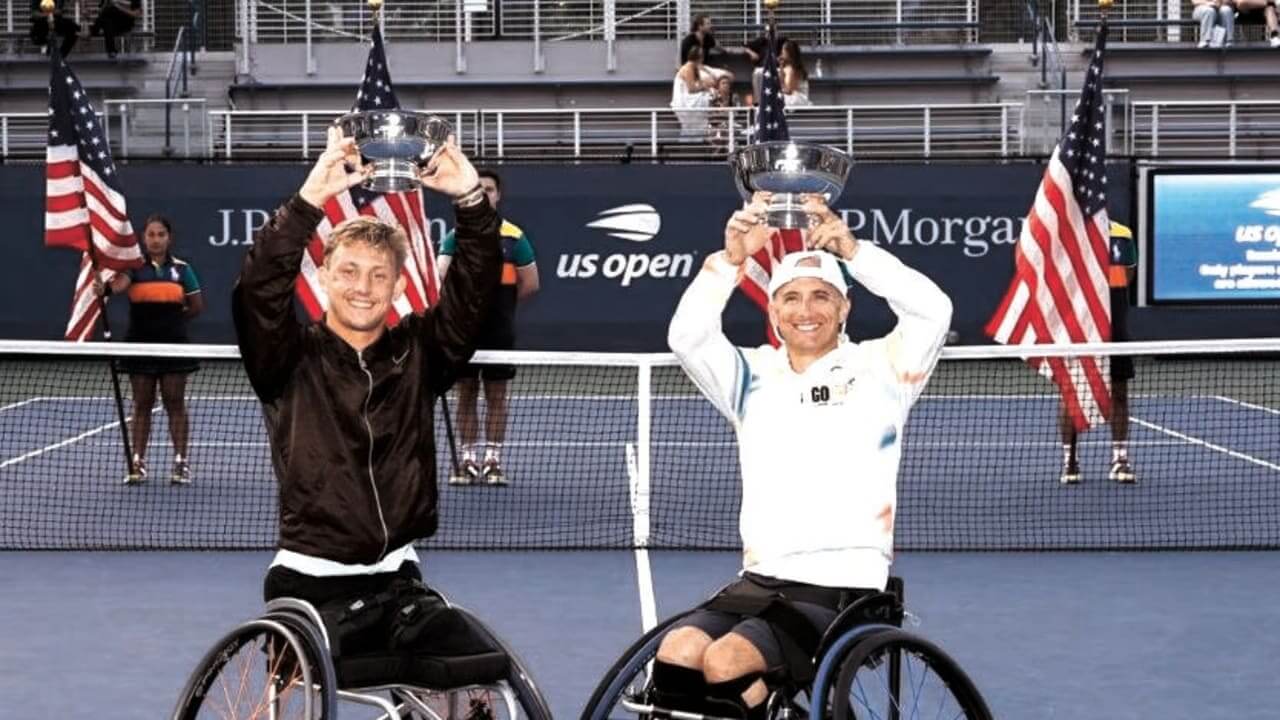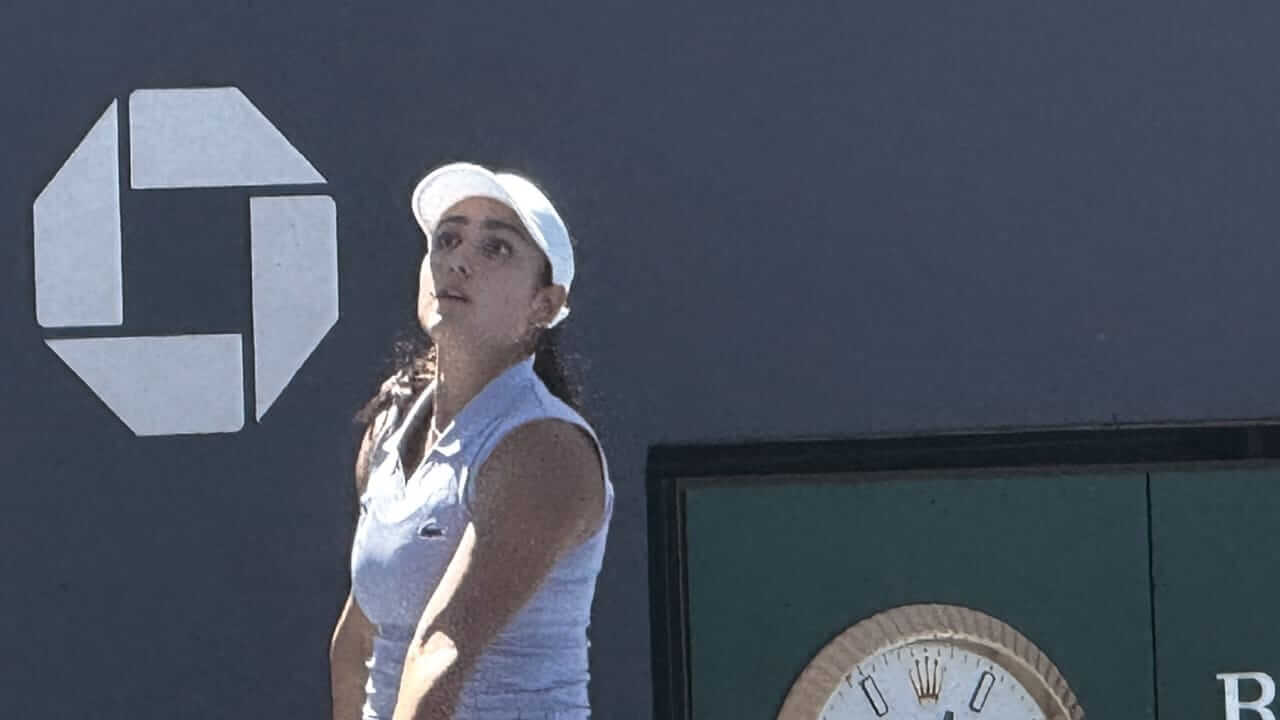Originally posted in Jerusalem Post, September 13 2025
I smiled when I came to the end of the Afterword on page 407 of Benny A. Benjamin’s informative, practical book Ascending the Ladder: Nine Biblical Lessons for Reaching Your Career Goals and Thriving at Work. In 81 short chapters, Benjamin turns to the Bible and biblical characters for career insights.
The Afterword provides a realistic, albeit somewhat playful, roundup of our forefathers. He calls Abraham a “charismatic dreamer who needed to venture out on his own,” and describes Moses as “troubled by his conflicted identity, unsure if he was anchored in his role as a prince in Pharaoh’s court or as an Israelite, a compatriot of an enslaved nation.”
The author, a counseling psychologist and former head psychologist for the National Israel Employment Service, grew up in Kansas City, Missouri, with parents who taught Hebrew and Bible in the local synagogue school and emphasized the value of Bible study. Benjamin therefore moves seamlessly in his book between the Jewish Bible, Midrash, Rashi, Rabbi Jonathan Sacks, psychologists Howard Gardner and Angela Duckworth, the Harvard Business Review, and the Scandinavian Journal of Management.
Old figures, new scenarios
He paints a picture of what such prominent biblical figures as Adam, Noah, Abraham, Isaac, Jacob, and Moses would “do” – and potentially model for us – as they faced all kinds of workplace situations.
In the book’s introduction, Benjamin piques our interest when he writes, “We will learn how the biblical characters dealt with career uncertainty, conflict, #MeToo, the toxic workplace, executive burnout, ethical challenges, and work-family balance.”

The book is divided into nine main sections, dealing with career identity, change and uncertainty, communicating at work, and workplace ethics. The short chapters have catchy titles, usually beginning with a quote from famous real or fictional characters such as Winston Churchill or Dr. Seuss. A biblical passage follows, then a discussion of a relevant workplace issue from which Benjamin weaves in his extensive professional experience with citations from academic literature or studies, leading up to a practical section, “Career Tips.”
Career tips
“Career Identity,” subtitled “No longer will your name be Yaakov [Jacob]: Finding your career identity,” has Benjamin quoting Carl Jung: “The privilege of a lifetime is to become who you truly are” as he recounts the events of Genesis 32:28 when Jacob’s name is changed to Israel, then offers MIT Sloan School of Management professor and noted business theorist Edgar Schein’s eight career anchors, before turning to career tips.
“Life Career Development” uses the biblical stories of Isaac “digging new wells” to address challenges of continuing a family business; Pharaoh’s daughter bathing in the river and discovering baby Moses to offer insights on “career development as planned happenstance”; and the continuous burning of the olah sacrifices to offer insight on “keeping the embers burning: maintaining motivation at work.”
The author begins his discussion of those sacrifices with a literal understanding of the Torah’s use of the language of “burning” before deriving such concepts as “sparking desire” and “keeping the fire going” – ideas that can be applied to both work settings and life in general.
Timely lessons
A skilled Jewish day school, supplementary school, or adult education teacher could structure an entire course based on this book, or more specifically, the chapter titled “Workplace Ethics.”
The carefully chosen chapter titles might just attract students to such a course. They include “The Amazing Technicolor Dreamcoat: The high cost of workplace favoritism”; “And here’s to you, Mrs. Potiphar: #MeToo in the workplace”; “The midwives feared God: Ethical challenges in the workplace”; “Do not oppress a stranger or exploit him: Protecting precarious workers”; and “Gold-plated inside and out: Integrity in the workplace.”
The chapter on Potiphar’s wife recounts the biblical story from Genesis Chapter 39, then intersperses 1979 research by Catharine MacKinnon that helped set the stage for sexual harassment law and provided sound guidance for managers and workers around sexual harassment.
Benjamin presents the dilemma of the midwives Shifra and Puah (Exodus 1:17) as they choose between following what is right and Pharaoh’s mandate to kill all Hebrew boy babies.
He then asks readers to consider their own “red lines.”
Next, he provides tips on ways to treat janitors and cleaners at our job sites with proper respect and appreciation, such as offering a friendly “Good morning,” expressing thanks for a job well done, or including them in office birthday celebrations.
Great role models
The ease and the obviousness with which the author found quotes from the Jewish tradition is just more proof that Judaism has so much to say about workplace behavior and behavior in general. How refreshing!
All topics addressed are anchored to a biblical text and have applicability across settings. Examples include getting past first impressions, refraining from gossiping, and avoiding scapegoating.
In the Afterword of the book, Benjamin provides a short summary of the lives of the main male characters in the Torah from Adam to Moses. He writes, “Looking back at the Five Books of Moses, we can see how each biblical character forged their unique approach to their careers, with most having to adapt to unfamiliar circumstances and cross their comfort zone.”
They are also great models to the rest of us in our work, school, and family lives.





